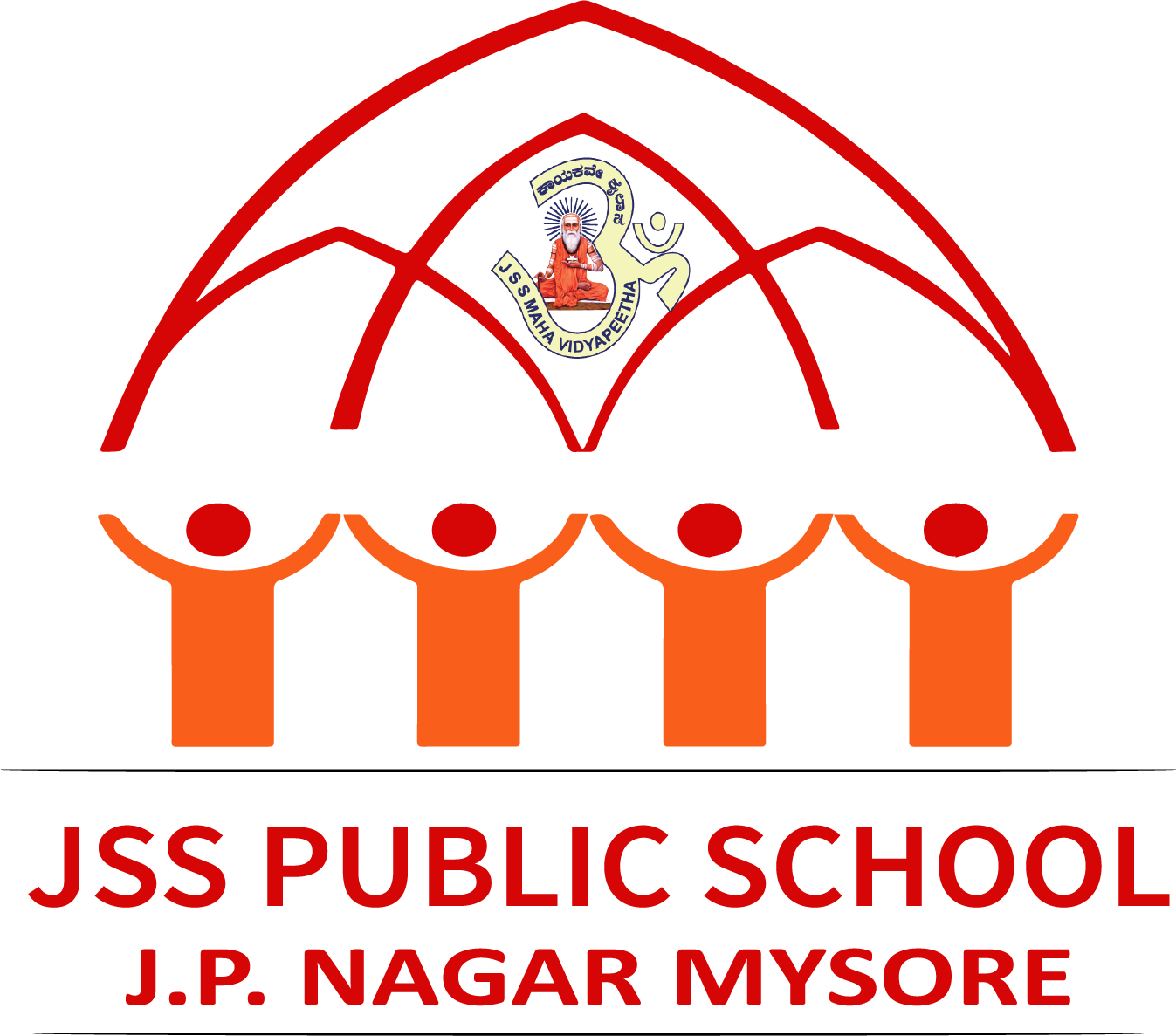In kindergarten, students learn and begin to develop numerous fundamental skills that can have a lasting impact on them well into their adult years. Although not all states require children to attend kindergarten, studies have shown that there are numerous benefits to receiving a kindergarten education.
Below are just a few of the skills and concepts students will learn this year:
- Academic skills such as reading, writing, and counting
- Behavioral, social and cognitive skills
- Sitting and paying attention, focusing on a task, and working with others
- Nailing down their letters, sounds, and words
- Fundamental math skills such as counting by 1s, 2s, 5s, 10s
- Basic addition and subtraction
- Identifying shapes
A typical kindergarten curriculum helps your child build a solid foundation in math, language arts, and science. In addition to these, kindergarteners should also focus on art, music, physical education and thinking skills.
Since most of what is taught in kindergarten will pave the way for further learning during the elementary years, it’s important to find a homeschool curriculum that is comprehensive, and also engages and motivates your child.
When researching a kindergarten program, it’s important to ensure that it:
- Provides a comprehensive curriculum that correlates to all state standards.
- Teaches fundamental concepts in all the core subjects to help students meet learning objectives.
- Provides plenty of opportunity for students to practice and achieve mastery.
- Assesses students periodically to gauge understanding of content.
- Allows flexibility so that students can work at their own pace in order to fully understand concepts and material.
- Includes activities that help students build important critical thinking and problem-solving skills.
The curriculum at Primary school is not just textbook and knowledge but is holistic learning which focuses on value systems to sensitise young minds to the environment around them. Interdisciplinary activities (Art and craft/ Music tied up with SST or English lessons) are commonly used. The key areas that the primary school curriculum addresses are
- Honing of listening, speaking, reading and writing skills, ( English, Hindi and Kannada ), Compulsory Library sessions, Spelling and handwriting classes every week
- Building a strong foundation in mathematics.
- An introduction to the subjects of science and social studies (EVS) inquiry sessions, story sessions.
- Nurturing an interest in General Knowledge,
- Art & Craft, Yoga, Music and Dance
- An emphasis on physical education and sport
- Basic of Computer Tech- Focus on Microsoft Office,Guest lectures, Field trips and Nature walks add to experiential education.
- Essential Life Skills like folding clothes, serving water, cooking without fire, planting and nurturing the plants
Built with clear objectives and academic benchmarks,the middle school curriculum prepares students to face the challenges of senior school and competitive exams. Our educators use a combination of teaching methodologies in the course of classroom interaction. They include experiments, word games and puzzles, dumb-charades, role-plays, the use of audio-visual room equipment, presentations, group discussions, group projects, individual projects and field trips.
Non-scholastic areas of the curriculum include physical education, environmental education and music. Students actively participate in competitions both intra-school and inter-school. They are encouraged to take part in external examinations like the Olympiads. Special events like elocutions, debates, quizzes, story writing and poetry writing are conducted throughout the year to help students enhance their literary skills and self-confidence.
Our teaching is aimed at helping students think out of the box and prepare them to face the board exam and other entrance exams with confidence.
Students from Grade IX to X have access to excellent science labs where the school has catered for enough apparatus and space so that each student performs the experiments individually. Even students of Grade VI to VIII are captivated and absorbed in Science activities in the ‘composite lab’. Our Mathematics labs are fully equipped with colourful aids and employ modern methods to make Mathematics learning enjoyable!
We have qualified educators who are well equipped in subject knowledge. They consistently strive to make the students not only learn but apply the learning in their daily lives.
The grade X students are at a stage where they are preparing for the first major examination of their lives, the CBSE Board Examinations of Class X (AISSE). Here, the school strives to provide a scholarly yet stress-free environment to enable the student to achieve their goals and objectives. The academic achievement of the students in board exams, year after year, stand witness to the fact that no efforts are spared and no stones left unturned at JSS to identify, nurture and nourish the students’ potential.witness to the fact that no efforts are spared and no stones left unturned at JSS to identify, nurture and nourish the students’ potential.
We believe in creating a stress free learning environment that enhances positive learning. The formal examination system is replaced by an informal and continuous comprehensive evaluation scheme (CCE). CCE is a functional and reliable system of school based evaluation that ensures holistic assessment of the learner in both scholastic and co-scholastic activities.
The learning environment demands skill based teaching that is followed by skill based assessment is these fields – Reading, Writing, Listening, Understanding, Speaking, Handwriting, Thinking, Observation, Reasoning, Analysis, Application, Decision making, Identification, Conceptualization, Drawing and many other creative and higher order thinking skills. At every level, students need to demonstrate critical enquiry, research skills, and an ability to place their knowledge into practical contexts.
The academic year is divided into two terms: TERM I and TERM II. In each term, 2 Periodic Assessments and 1 Term End Assessment are conducted. The promotion to the higher class is based on performance in all the assessments in these fields (I term=50%, II term=50%).
Allotment of grades avoids comparision and boosts the morale of every child. Student’s profile encompasses the detailed report about the child’s overall development in scholastic and co-scholastic activities.

